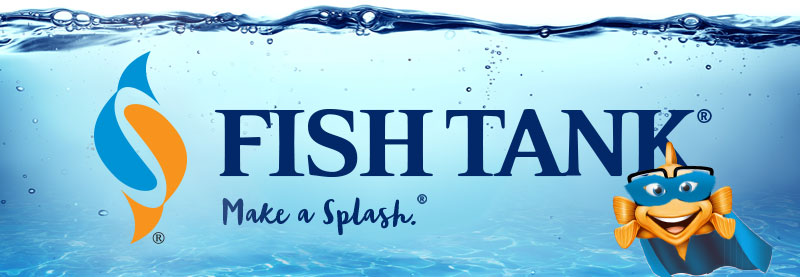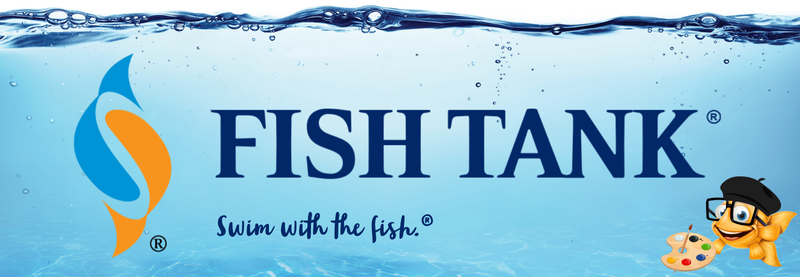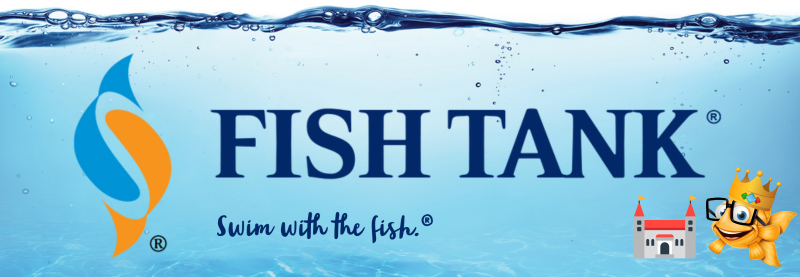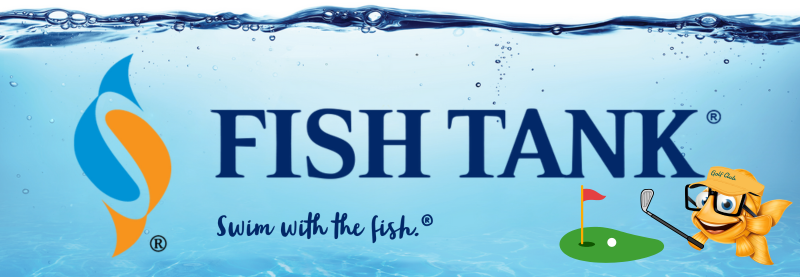Intellectual Property Insights from Fishman Stewart PLLC
Newsletter – Volume 24, Issue 24
Share on Social

Not All Super Heroes Wear Capes, Or Trademark Registration Symbols
By Alexander JSW Johnson
I think we’ve reached the point in our society where it’s OK for me, a licensed attorney who has taken a sworn oath to be really serious about the law as an officer of the court, to publicly admit that I enjoy watching grown-ups wear underwear-tight costumes, strange masks, and wield fake weapons in pretend battle.
Superhero films described in the abstract sound a little odd, don’t they?
I know, the super-fans among you will say: “But wait, you can’t say ‘Superhero!’ That’s a DC and Marvel jointly owned trademark!”¹
Well, maybe not.
The Trademark Trial and Appeal Board (“TTAB”) of the U.S. Patent and Trademark Office ordered the cancellation of four U.S. trademark registrations² for SUPER HERO and SUPER HEROES owned jointly by Marvel Characters, Inc. and DC Comics.
The mighty team that took down these behemoth SUPER HEROES? A team of Superbabies.
Superbabies Limited, a UK-based creator of comics featuring, well, super babies, brought a petition to cancel the DC-Marvel trademark registrations in May 2024. In asking the TTAB to cancel the SUPER HERO registrations, the Super Babies said: “It is time for DC and Marvel’s villainous reign to end. SUPER HEROES belong to the people—they do not belong to Marvel or DC, just as they do not belong to Dr. Doom, Kingpin, or the Joker.”
In legal lingo, the petition alleged that SUPER HERO and SUPER HEROES are generic terms for the goods listed in the registrations (comics, toy figures, t-shirts, and masquerade costumes) and were therefore subject to cancellation under Lanham Act §14(3). Generic terms, in the trademark legal sense, are ordinary commercial names for products and cannot really be brands for those products. Obvious examples of generic words are “apple” or “fruit” when used to refer to the fruit of apple trees (contrasted with APPLE used for computers where APPLE functions as a brand).
Super Babies allegations, then, were that SUPER HERO and SUPER HEROES do not identify Marvel and DC as sources of comics but instead are terms that function as the ordinary commercial names for the genre of the works in which the tight suit-wearing super beings appear.
Although the registrations appear to have vanished like 50% of life at the finger-snapping of Thanos in Infinity War, there might be a catch. Come on, this is a superhero, er, SUPER HERO story we’re talking about, there’s always a catch. Marvel and DC did not answer the petition to cancel and lost the cancellation proceeding by default judgment that was entered on September 26, 2024. So, it is possible that DC and Marvel have an Endgame time travel maneuver that will undo the cancellation—a defendant who loses via default can file a motion to set aside the judgment in certain extenuating circumstances. Whether DC and Marvel have the facts necessary to make such a showing is unclear, but maybe they have Bruce Banner and Tony Stark on retainer working to get these two comic super-houses back on the register via a sci-fi cruise through the quantum realm.
Even if DC and Marvel fail to make a cinematic comeback in this case, the SUPER HERO name may not yet fall into the public domain as might seem to be the case for the comics, toy figures, t-shirts, and costumes listed in the cancelled registrations. DC and Marvel own several other U.S. Trademark Registrations for SUPER HEROES and other trademarks incorporating the term, including the jointly-owned SUPER HEROES for cartoon exhibitions and animated motion pictures (Reg. No. 5613972), Marvel’s MARVEL SUPER-HEROES for comics (Reg. No. 1073580), and DC’s LEGION OF SUPER-HEROES for comics (Reg. No. 1242016), among others.
One thing is certain: if this case is the beginning of the end and SUPER HERO is legally a generic term for these super-powered, masked crusaders and tales of their exploits, the loss by default judgment is the most ironic, anti-climactic end for such a spectacle-filled genre of storytelling.
Alexander JSW Johnson is an attorney at Fishman Stewart with over a decade of extensive experience in trademark and intellectual property matters. He works in the firm’s Trademark Practice Group. He holds a B.A. in Art (studio emphasis) and Journalism, and can neither confirm nor deny making SUPER HERO art in the past.
¹ I’ll leave it to another article to address the general misunderstanding that someone owning a trademark means others can’t say it in an article, which in this case is bunk.
² See U.S. Reg. Nos. 1179067, 1140452, 3674448, and 825835.
Related Content from Fishman Stewart
People have long pondered whether or not the Giza pyramids were indeed solely burial chambers, which was the only known, and archaeologically determined, use—until now.
As the story goes, Klein was so taken with the indescribable blue of the sky over the Mediterranean in Nice, France, that he dedicated his artistic talent developing a blue that would imbue the canvas with this color in its purest form.
Despite her pseudo-legal background in Suits, Meghan has been running into one issue after another in her efforts to register the trademark and logo for her new lifestyle company, for now, called “AS EVER”.
By 1930, efforts began in New York to replace Mother's Day with Parent's Day because men were more than just breadwinners. Those efforts didn't catch on, probably because in that era, women often spent more time in the home.
In February, Nike and Skims announced that they will be working together on a new brand, NikeSkims. The co-brand will create a new line of training apparel, footwear, and accessories specifically designed to meet the unique needs of women athletes.
Generally, federal courts have exclusive jurisdiction over copyright cases, and often, this presents an insurmountable paywall for individual artists and small businesses to vindicate their rights, especially where the value of the individual copyrighted works are relatively low.
Dedicated to raising public awareness about the importance of encouraging innovation and creativity throughout the world, the World Intellectual Property Organization (WIPO) annually observes World Intellectual Property Day on April 26 to showcase the role that patents, trademarks, industrial designs, copyrights and trade secrets play in our everyday lives.
Hold onto your foam fingers, sports fans – college sports just got a whole lot more interesting! The latest updates to Name, Image, and Likeness (NIL) rules are making student-athletes bigger than ever, and it’s not just about the game anymore.
Did a federal court in Louisiana recently decide that US copyrights are global rights? It seems so.
L.A.B. Golf aims to protect its innovations, and therefore its market position, owning three patents for its zero-torque design. The question now is whether L.A.B. Golf can withstand the wave of copycat designs.
IDENTIFYING, SECURING AND ADVANCING CREATIVITY®

















